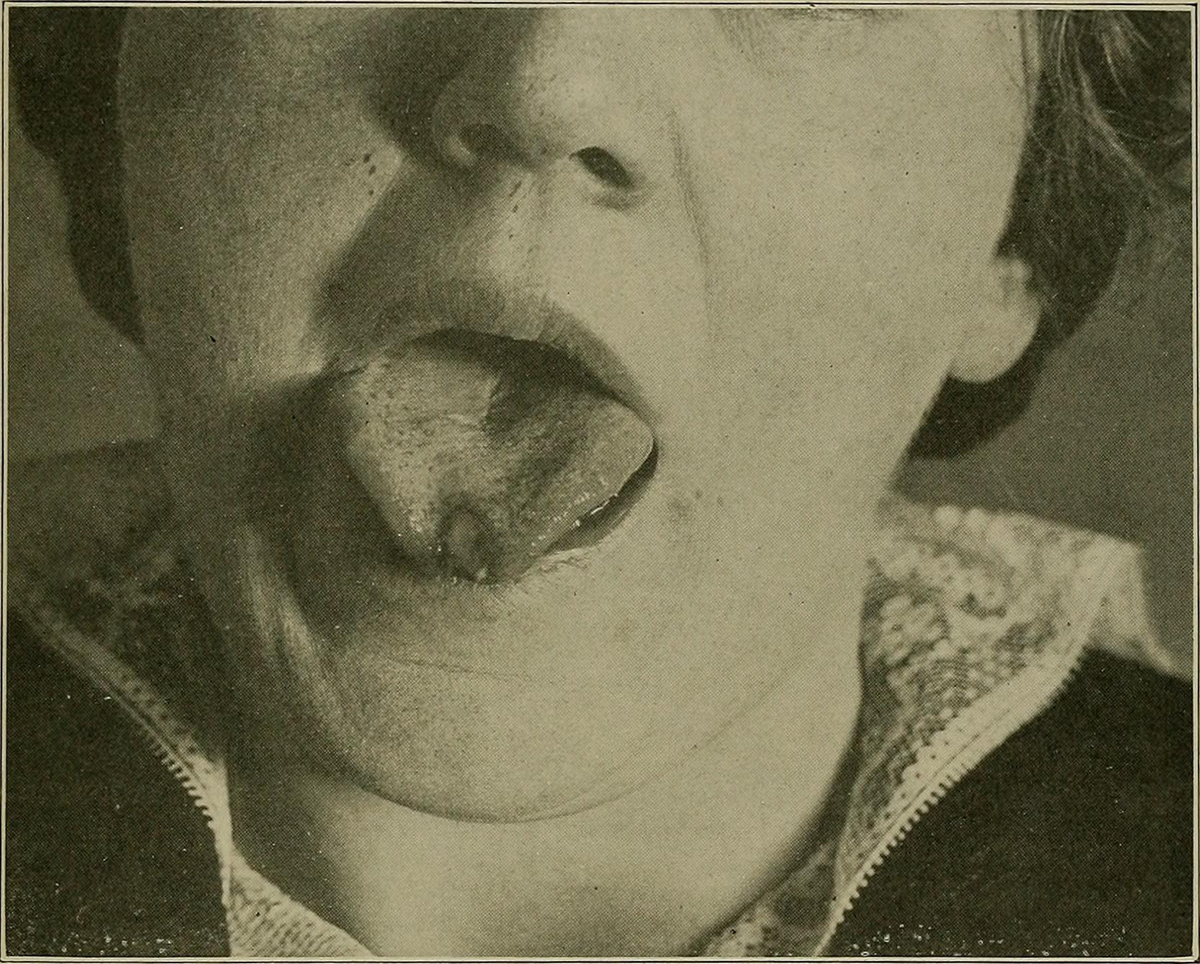
Information on Quinsy
Quinsy is a rather rare medical condition which occurs as a complication of another medical condition known as acute tonsillitis. It occurs when a certain type of infection spreads from the swollen tonsils to the area that surrounds them and then an abscess gets formed between the throat wall and the back of the tonsils.
Quinsy is medically referred to as the peritonsillar abscess. Quinsy is not that common and it does not occur very frequently, because most patients who suffer from tonsillitis get treated on time so quinsy does not get enough time to even start developing. Quinsy mostly affects young adults and teenagers, but there are also cases when it may affect younger children as well.
Causes of Quinsy
Most patients who suffer from quinsy have bacteria called streptococcus pyogenes. It is still largely unknown why quinsy gets developed from the existing tonsil infection but it is probably due to lack of treatment or an inadequate treatment.
Some studies indicate that it could also be affiliated with the Weber glands which are in charge of producing saliva and clearing miscellaneous debris from the surrounding area. Malfunction of these glands due to the obstruction of the drainage ducts may also lead to the formation of an abscess.
Diagnosis and Treatment
Those who suffer from tonsillitis or a severe case of a sore throat should definitely visit their doctor in order to properly diagnose the medical condition. If the doctor suspects quinsy it needs to be examined by a specialist. Quinsy needs a proper treatment in order to prevent the infection from spreading further.
Quinsy usually needs to be treated with a combination of different medications and a surgical procedure. Medications for the treatment of quinsy are usually antibiotics which are given intravenously because oral treatment may not be that effective. Antibiotics used for the treatment of quinsy are usually penicillin, clindamycin, cephalosporins, clavulanic acid, or amoxicillin.
Sometimes a patient may also use intravenous steroids because they are efficient in speeding up the recovery and reducing the uncomfortable symptoms of quinsy. Prescribed analgesic medications may also be required if a patient experiences severe pain during the treatment. It is also advised to drink plenty of fluids in order to avoid dehydration.
As mentioned above, a surgery is an important part of the treatment for this medical condition. Some cases require a needle aspiration which drains the fluid from the abscess. Incision may be used for the same purposes. Rare cases may also involve tonsillectomy.


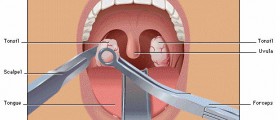





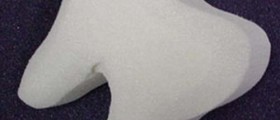




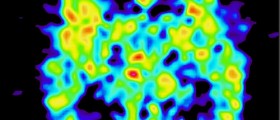


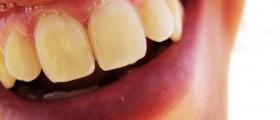
Your thoughts on this
Loading...